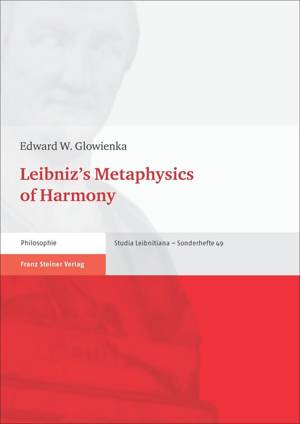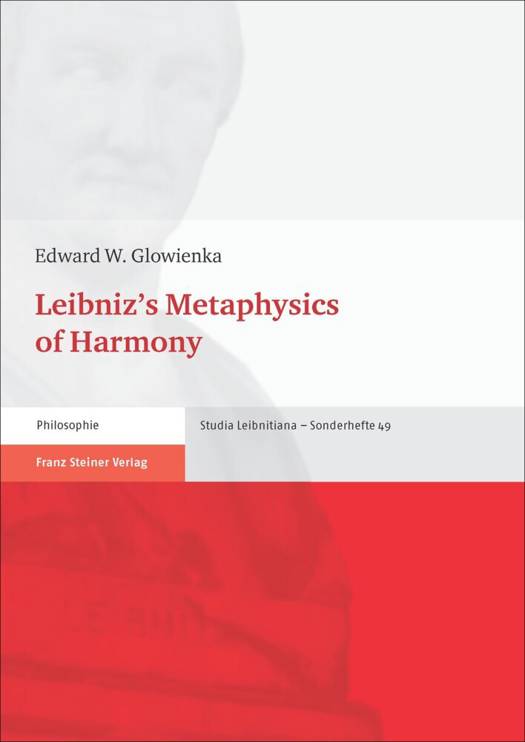
- Afhalen na 1 uur in een winkel met voorraad
- Gratis thuislevering in België vanaf € 30
- Ruim aanbod met 7 miljoen producten
- Afhalen na 1 uur in een winkel met voorraad
- Gratis thuislevering in België vanaf € 30
- Ruim aanbod met 7 miljoen producten
Zoeken
Omschrijving
Central to G.W. Leibniz's (1646-1716) contention that we live in "the best of all possible worlds" is the thesis that we inhabit a harmoniously ordered universe. However, despite Leibniz's numerous remarks on the matter, no consensus exists on what exactly universal harmony entails. This book examines Leibniz's writings chronologically and offers a new assessment of the meaning and function of harmony in Leibniz's metaphysics. The author shows that Leibniz's conception of harmony undergoes significant revision in the 1670s. He maintains that understanding this revision is crucial for grasping how Leibniz employs the idea of harmony in arguments for the mind's incorporeal nature and its "preestablished harmony" with the body, as well in arguments for the world's intelligibility and for the privileged moral status of rational agents. The book thus aims to broaden our picture of the development of Leibniz's philosophy and to deepen our appreciation for the irreducible role harmony plays in it.
Specificaties
Betrokkenen
- Auteur(s):
- Uitgeverij:
Inhoud
- Aantal bladzijden:
- 124
- Taal:
- Engels
- Reeks:
- Reeksnummer:
- nr. 49
Eigenschappen
- Productcode (EAN):
- 9783515114820
- Verschijningsdatum:
- 30/09/2016
- Uitvoering:
- Paperback
- Formaat:
- Trade paperback (VS)
- Afmetingen:
- 170 mm x 239 mm
- Gewicht:
- 234 g

Alleen bij Standaard Boekhandel
+ 164 punten op je klantenkaart van Standaard Boekhandel
Beoordelingen
We publiceren alleen reviews die voldoen aan de voorwaarden voor reviews. Bekijk onze voorwaarden voor reviews.








